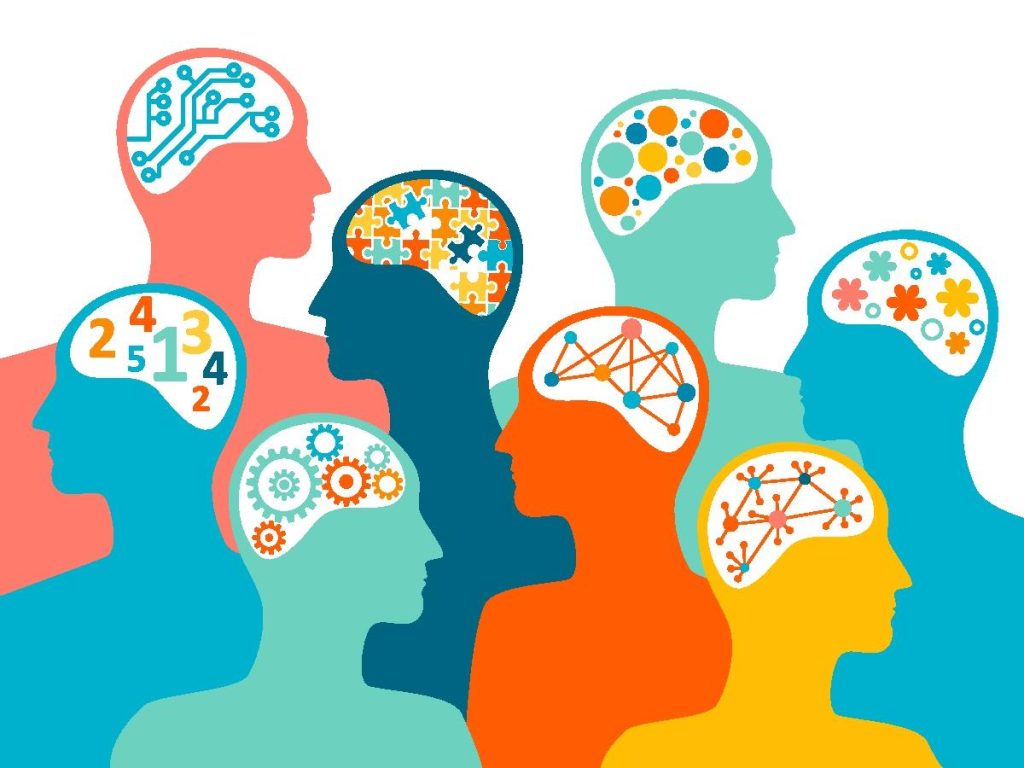Generative AI’s impact on mental health is a significant concern, particularly regarding prevalence inflation, where people may self-diagnose mental health issues even if they don’t have any. The readily available generative AI can lead people to believe they have mental health issues due to societal promotion and easy access to mental health advice. This can result in a self-fulfilling prophecy, as individuals may act based on the belief of having a mental health issue, further reinforcing the false diagnosis.
The societal acceptance of mental health issues has led to a reduction in stigma, allowing people to seek therapy without fear. However, there is a growing concern that prevalent inflation may lead to individuals unnecessarily diagnosing themselves with mental health issues. This can result in over-pathologizing personality disorders and glamorization of mental health issues, especially among youngsters who might be influenced by social media.
Research suggests that awareness efforts for mental health might inadvertently contribute to the increased reporting of mental health problems, known as the prevalence inflation hypothesis. Individuals may misinterpret mild distress as a mental health issue, leading to self-fulfilling prophecies. This cycle can intensify, causing potential harm to individuals who may not actually have a mental health disorder.
The use of generative AI for mental health advice is a growing trend, with millions of people engaging in therapy sessions with AI apps like ChatGPT. While generative AI can provide personalized guidance on mental health, there is a risk of iatrogenic effects, where users may misinterpret results, rely too heavily on technology, or delay seeking professional help. The lack of contextual understanding and potential biases in AI training data can also lead to inaccurate diagnoses.
It is essential to approach AI-generated mental health advice with caution and seek validation from qualified professionals. While AI can complement mental health care by providing additional insights or tools for clinicians, individuals should not solely rely on generative AI for mental health assessments. Awareness of the potential risks of prevalence inflation and iatrogenic effects is crucial in ensuring the responsible use of generative AI in mental health discussions.


